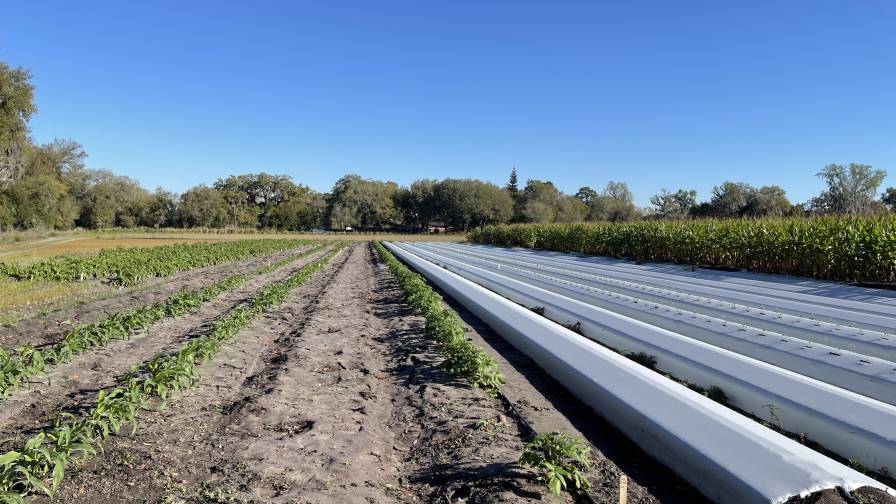A Clean-Up Issue
Wisconsin benefits from an Agricultural Chemical Clean-up Program (ACCP) designed to provide funding for inadvertent chemical spills primarily on farm and retail locations. The rules outlining collection and use of the fees are administered by the Wisconsin Department of Agriculture, Trade and Consumer Protection (DATCP).
A spill clean-up surcharge of 0.95% is imposed by DATCP on chemicals sold within Wisconsin by chemical manufacturers referred to as registrants. The fee is paid by registrants at the beginning of the year based on projections of sales in previous years. Fees are then administered by DATCP for distribution of payment associated with requests for clean-up projects connected to farm and farm supply retail operations.
The Wisconsin clean-up fee is the highest among all states that have such a program. Many states have no such program or clean-up fee associated with sales of agricultural chemicals.
Registrants who sell product within Wisconsin cover the fee throughout the year by passing it down the sales chain through the wholesale distributor, retailer, and/or farming operation. Distributors and retailers similarly pass the cost of the fee through surcharge to the grower.
Since purchase of products within Wisconsin is not required by law to participate in the clean-up program, many farming and retail operations purchase product from outside of the Wisconsin-based system. This has also led to new business models that are oftentimes not compliant with other requirements such as licensure, recordkeeping, and secondary containment.
Optional purchase strategies by individual businesses that purchase some or all of their product through non-Wisconsin-related channels has collectively led to significant disparity in the operational overhead of farming and retail operations within the state. Those organizations that purchase chemicals through non-Wisconsin channels and have not contributed equally to the Wisconsin ACCP fee are at an advantage since they are equally able to access funds in the event of a spill.
The Big Picture
Taken together, the advantage of reduced cost associated with purchase of product outside of the Wisconsin-based markets, as well as the ability to access clean-up funds regardless of participation, has created a system that encourages import of agricultural chemical products within Wisconsin. Also, access to clean-up funds by businesses that do not fully support the ACCP increases the burden on the fully participating farms and businesses that do contribute within Wisconsin — which may explain in part why the fees are the highest in the country. Because the program has led to an economic disadvantage to those farming and retail operations that support the system, a change must be introduced that creates fairness.
WCPA is currently evaluating different models that will provide parity in the collection, administration, and use of ACCP fees. These include potential restructuring of statute language, sunsetting the current program and redesigning a new one, and exploring the potential of developing an industry-supported group insurance program.
Whichever model WCPA decides to engage, it is clear that individual insurance claims should not be honored if individuals are not paying associated premiums. The ultimate program that WCPA decided upon will also not encourage businesses to adopt models that detract from the professionalism and credibility that the industry deserves.





